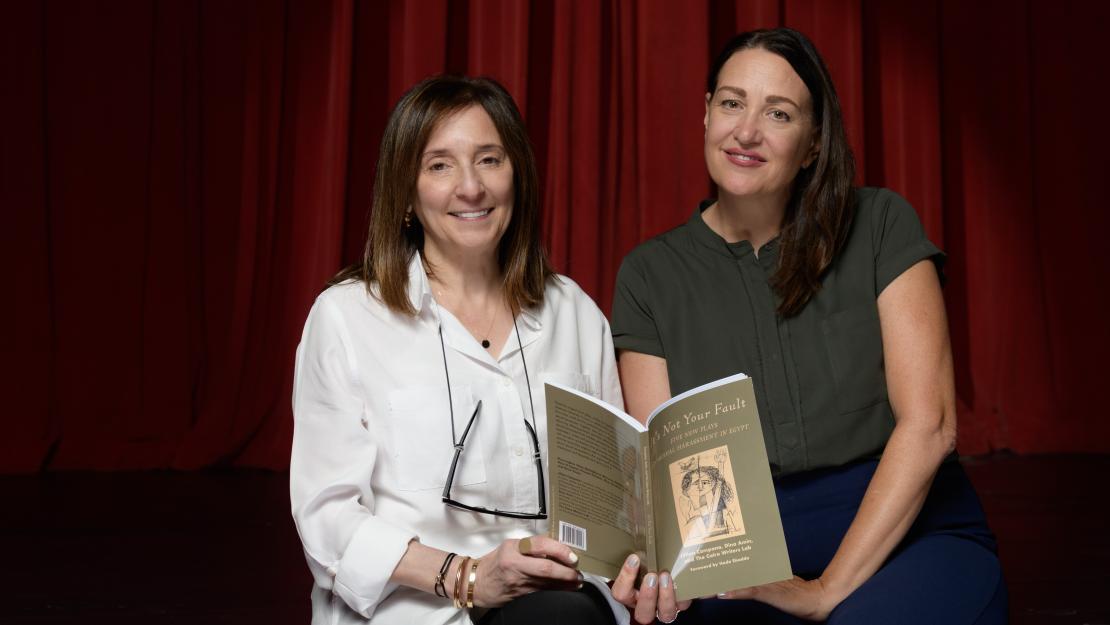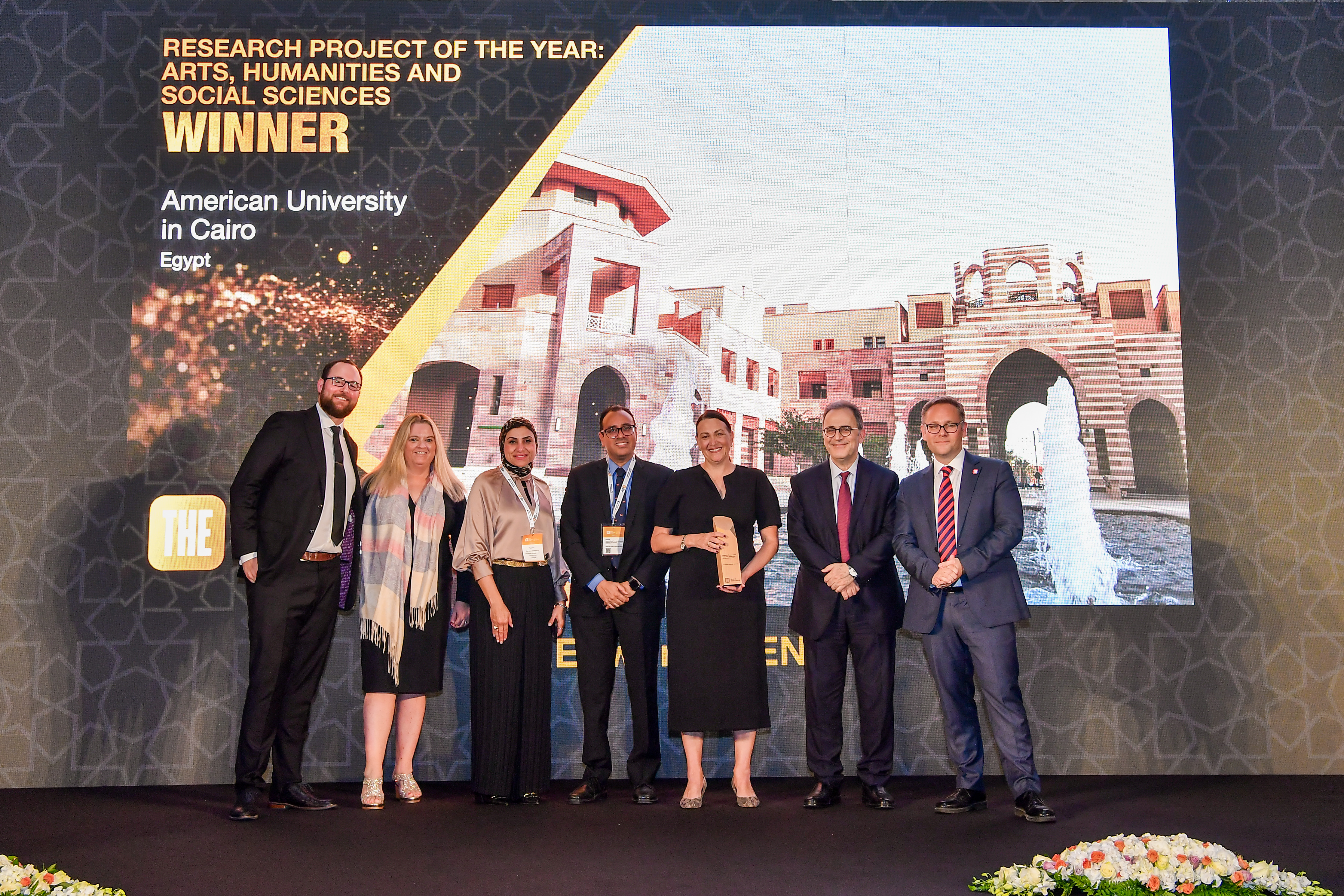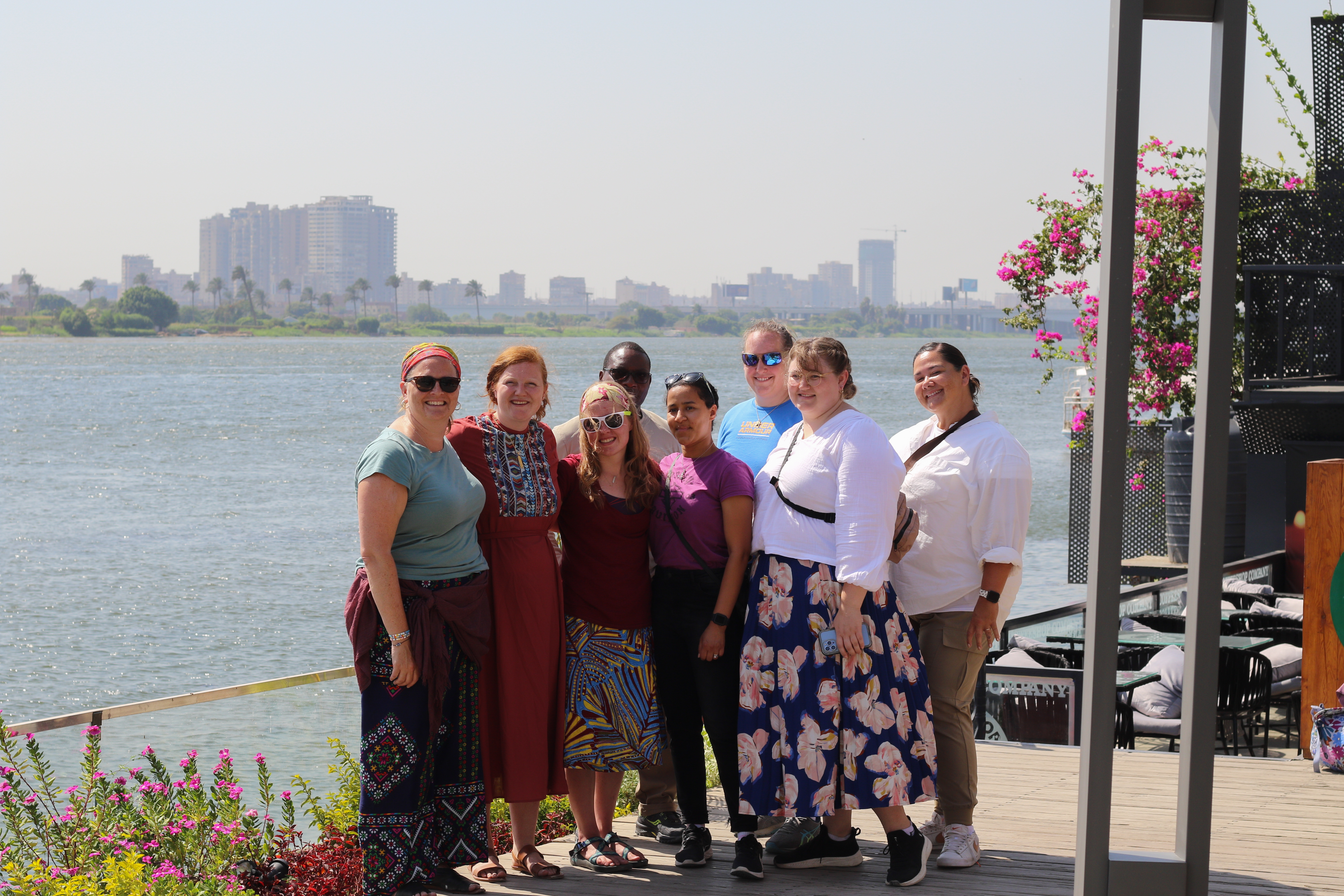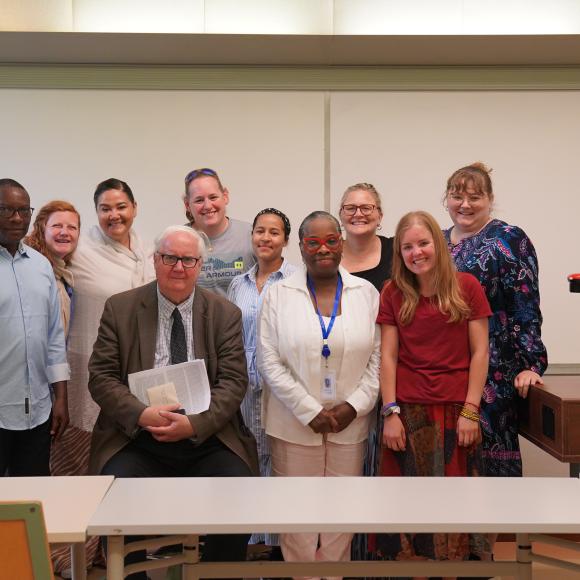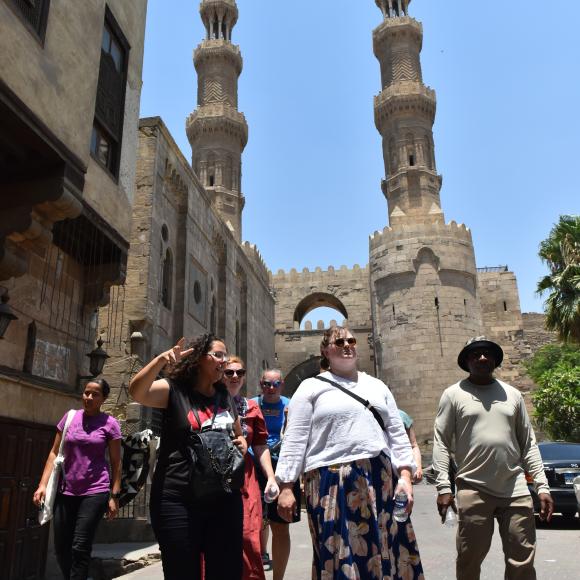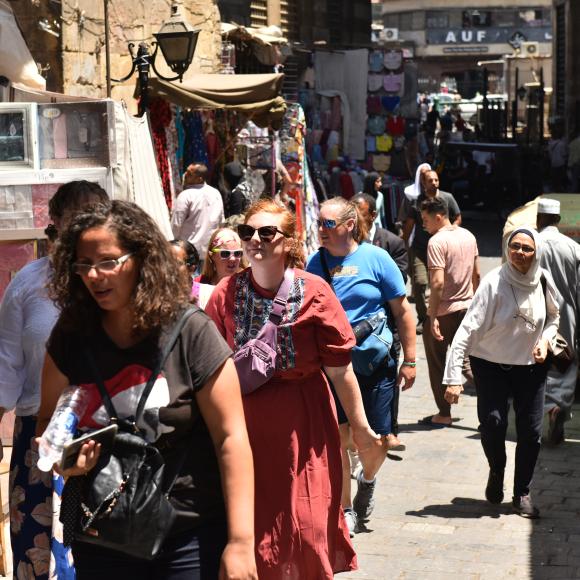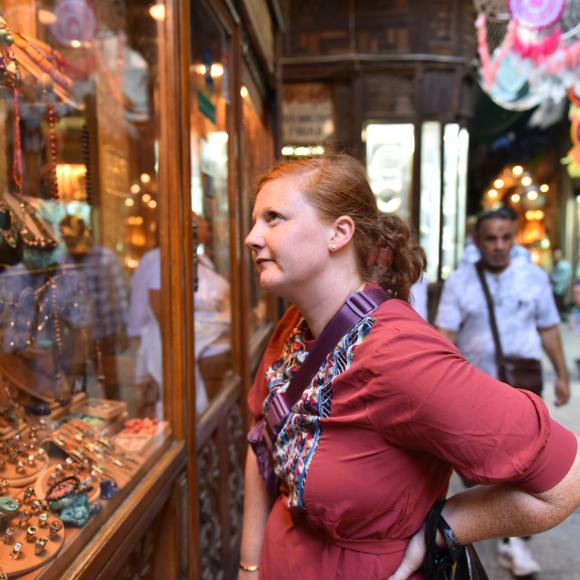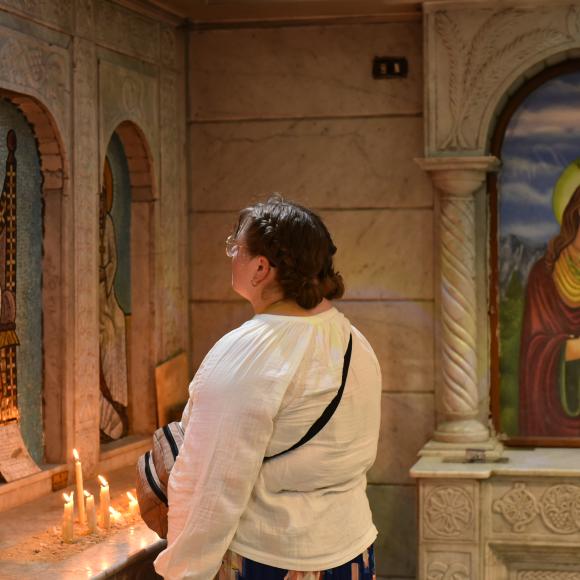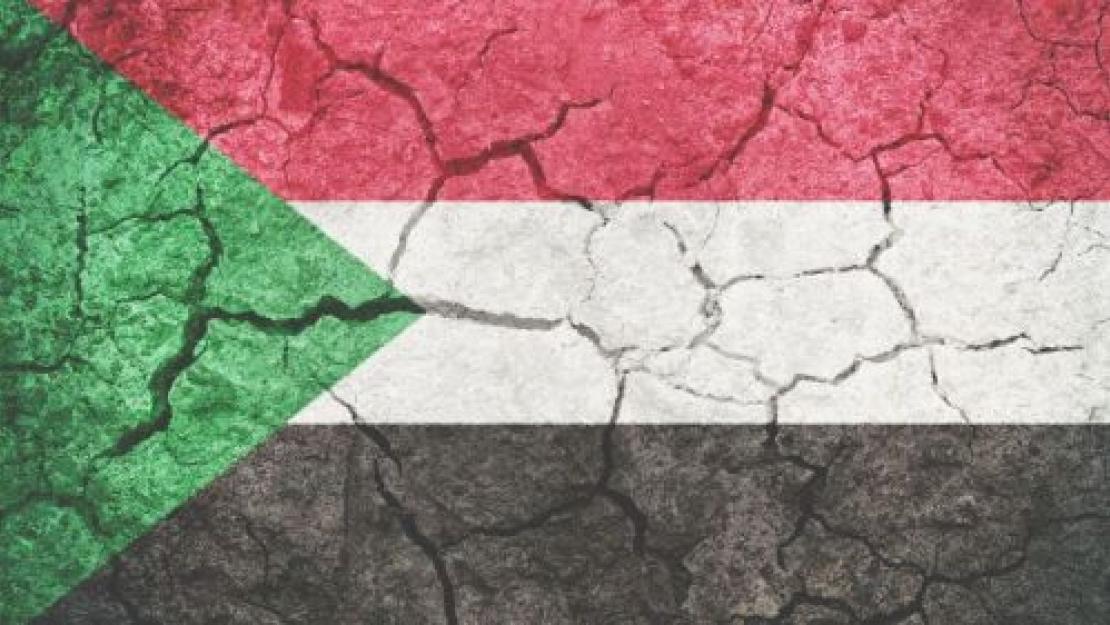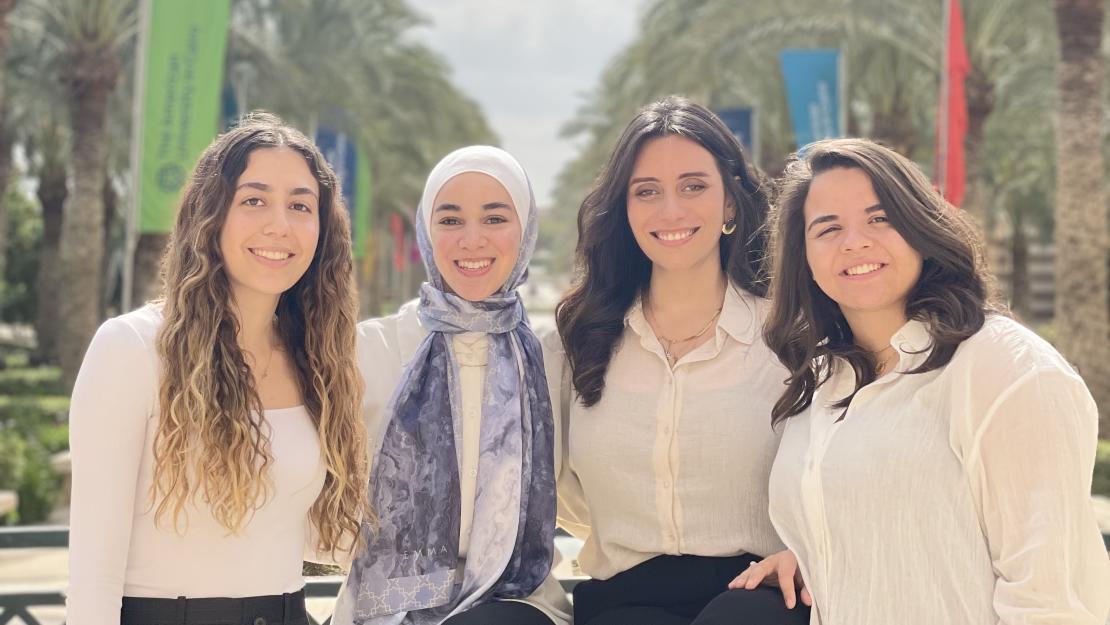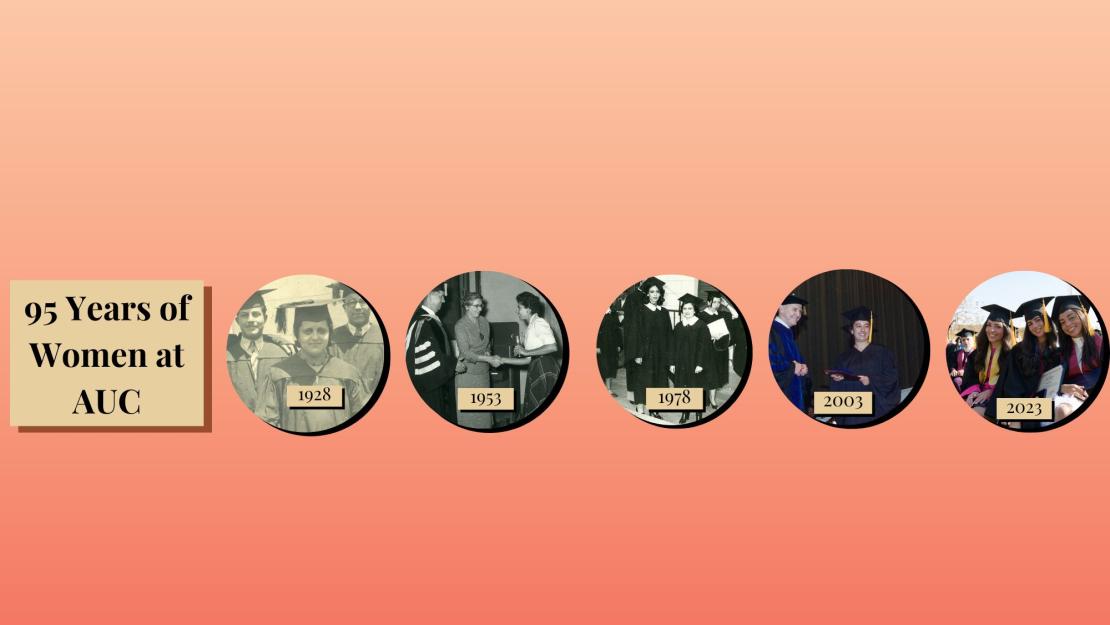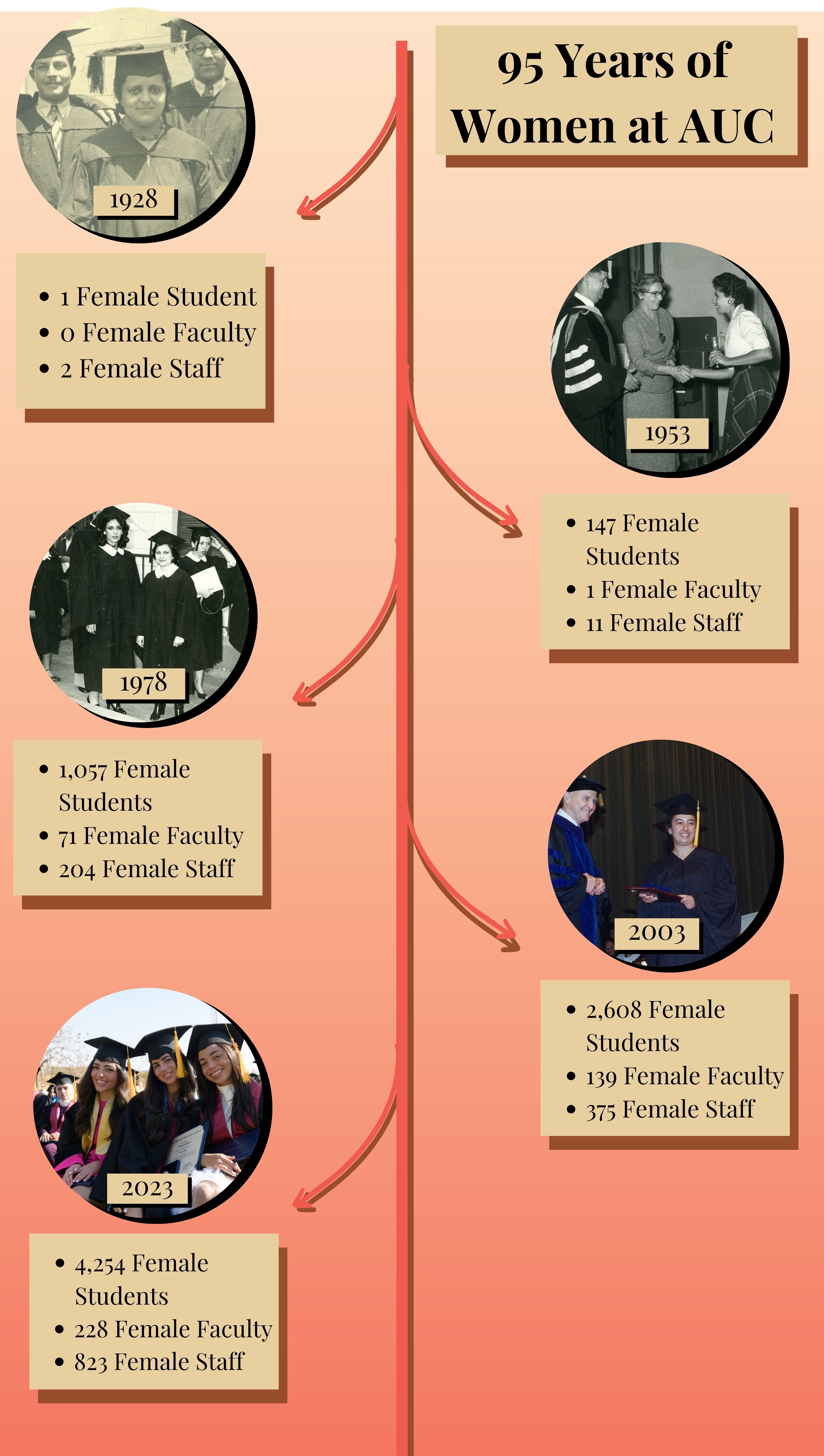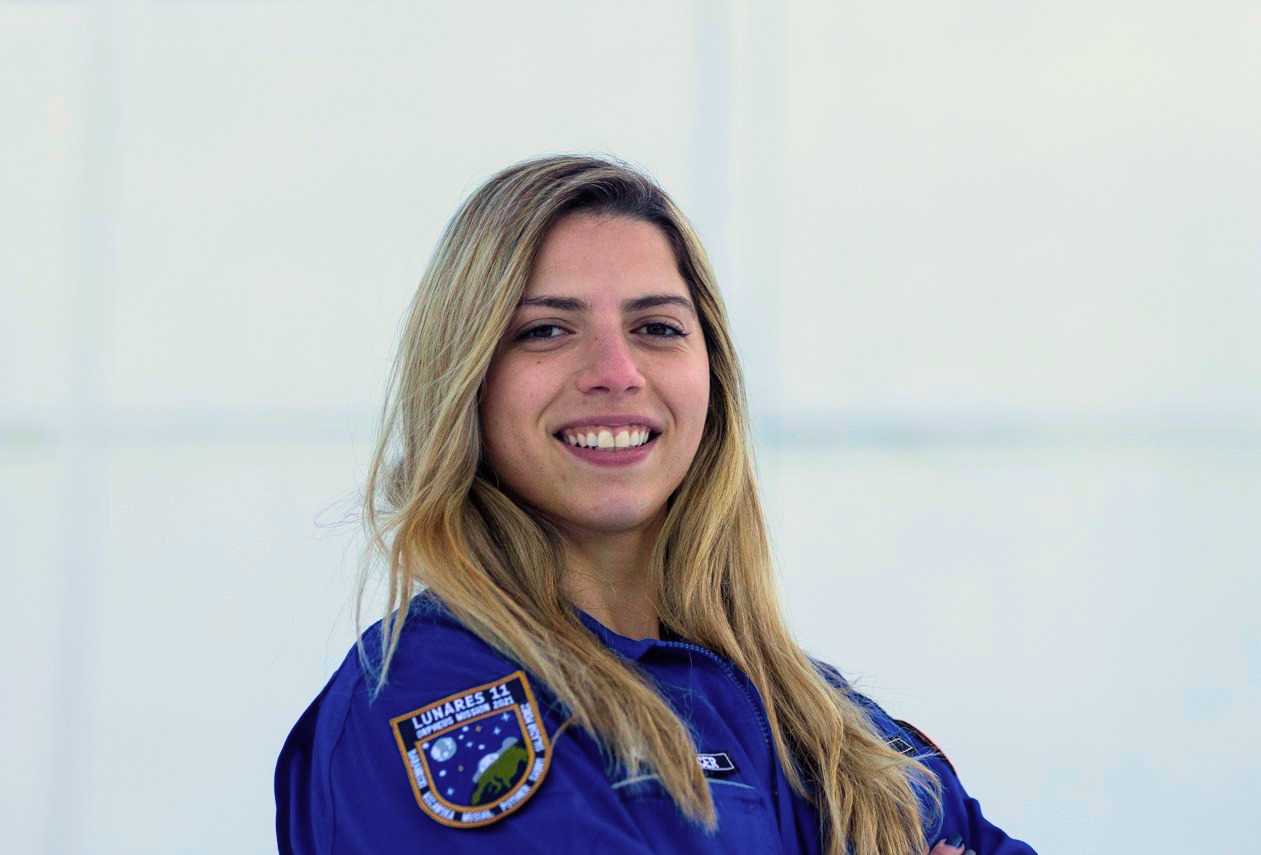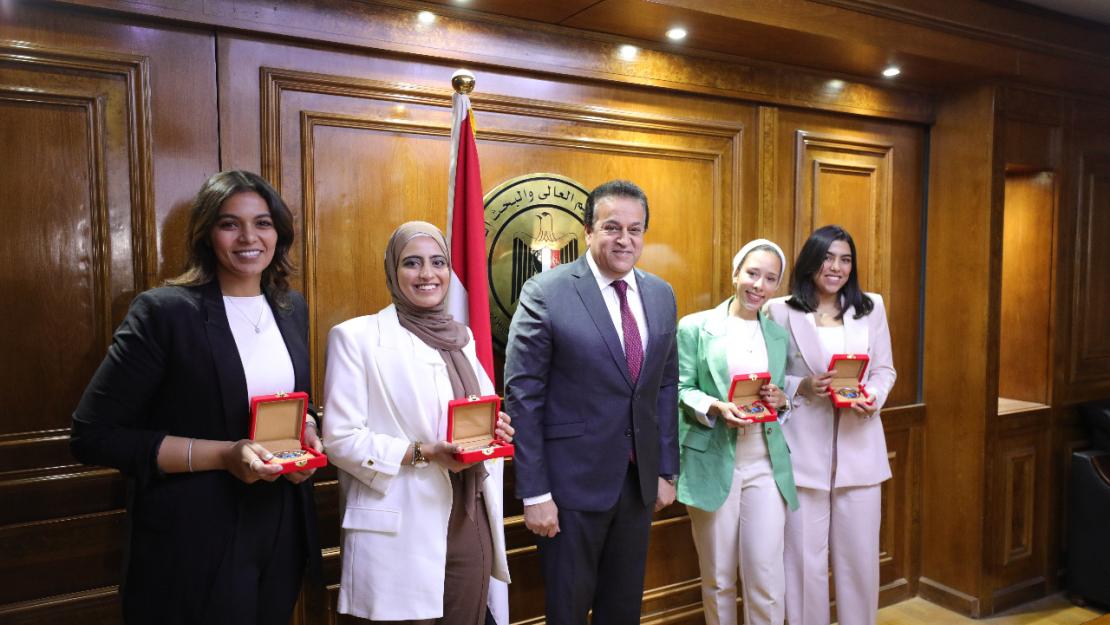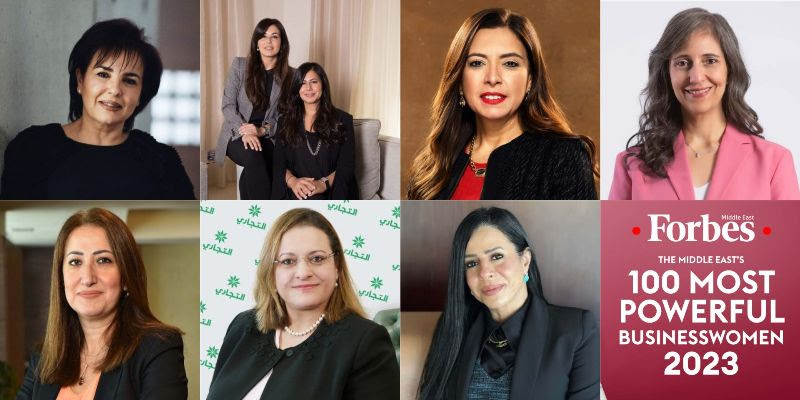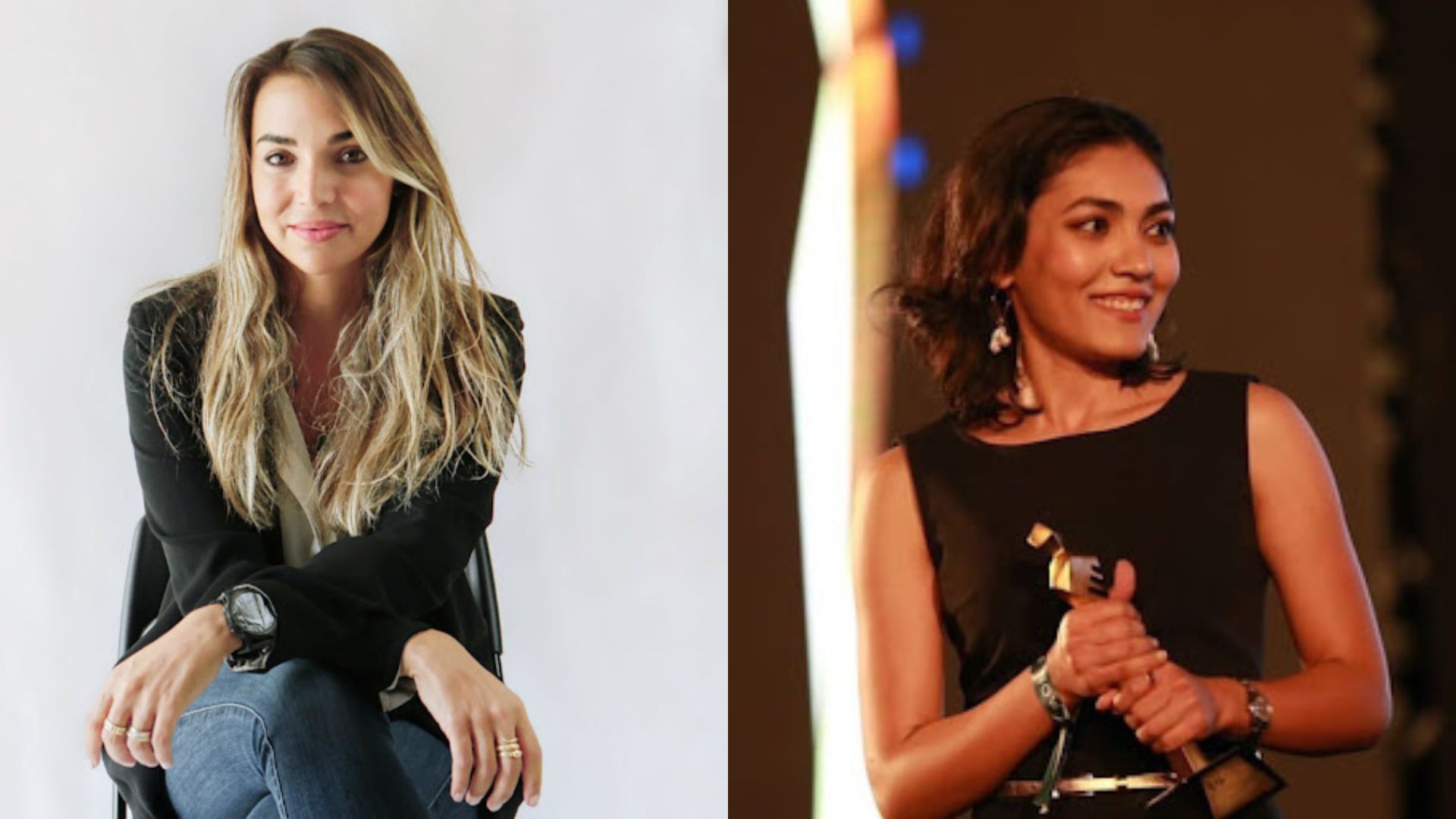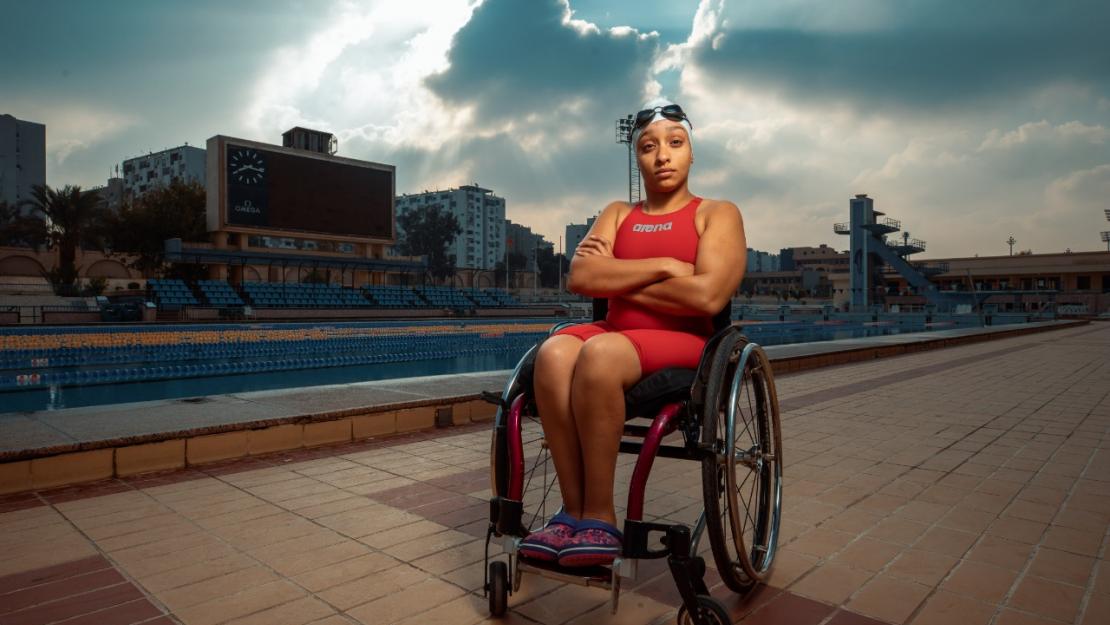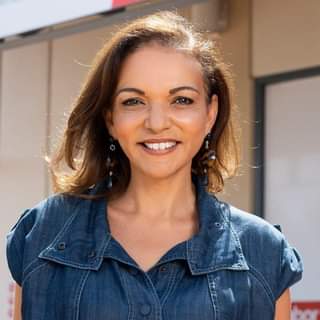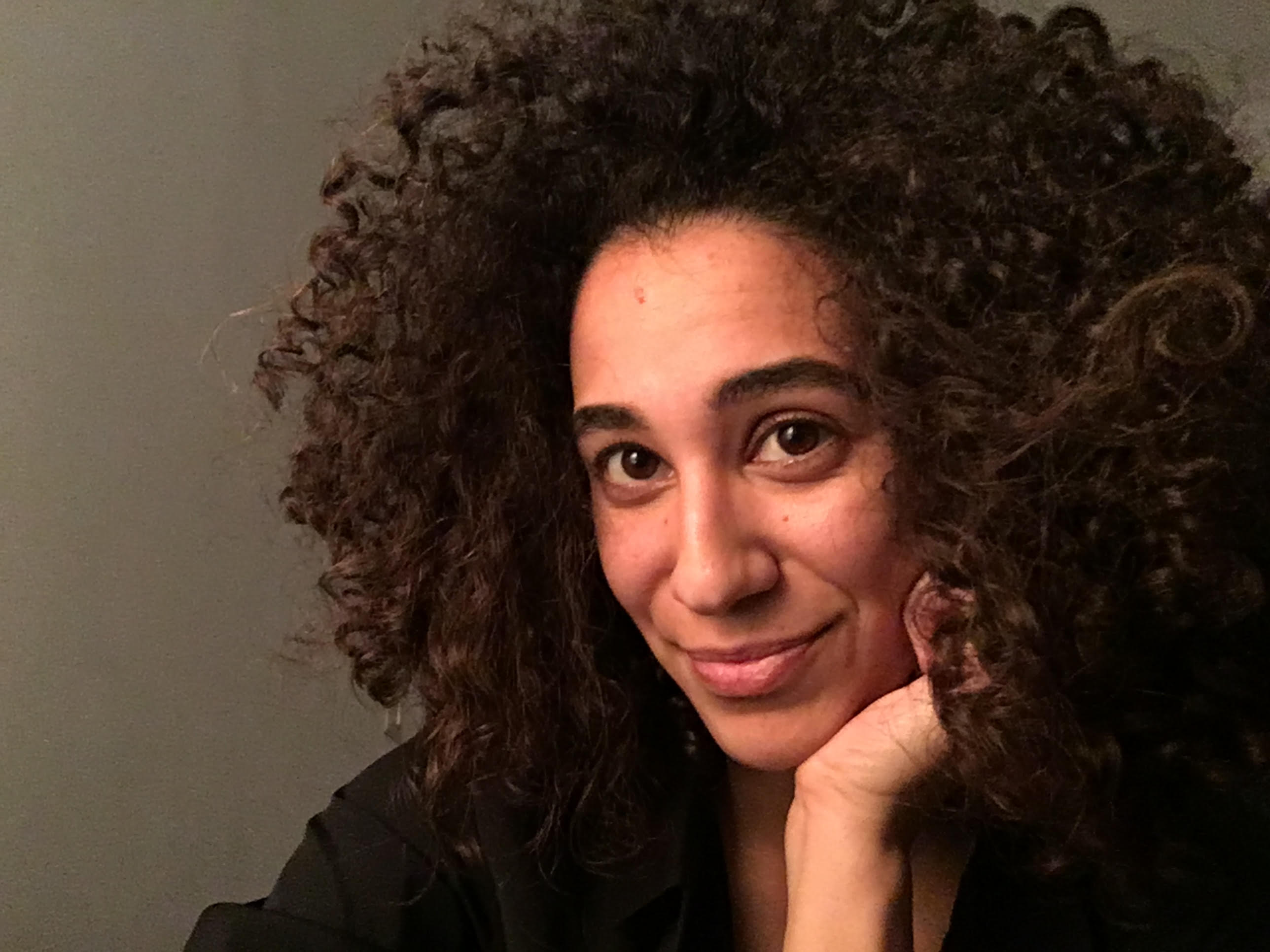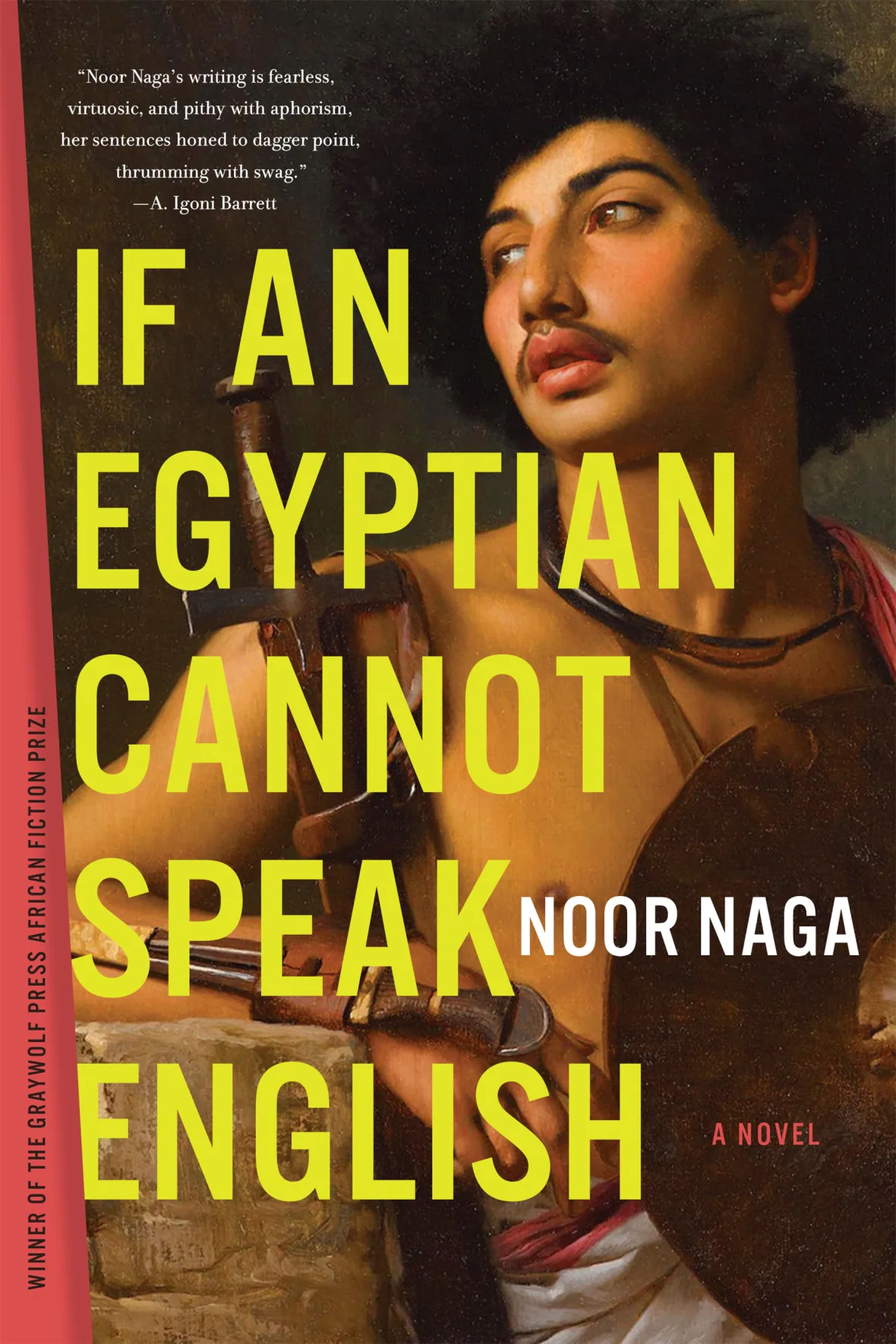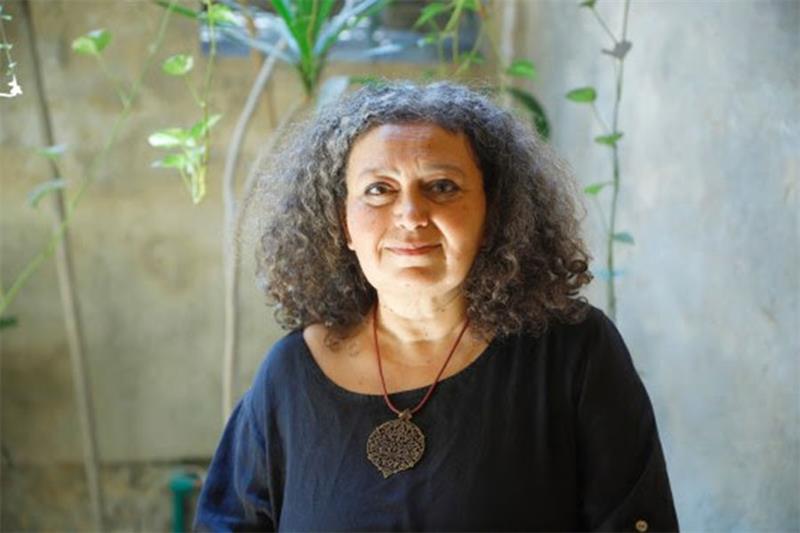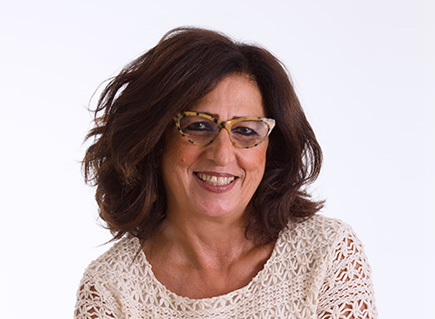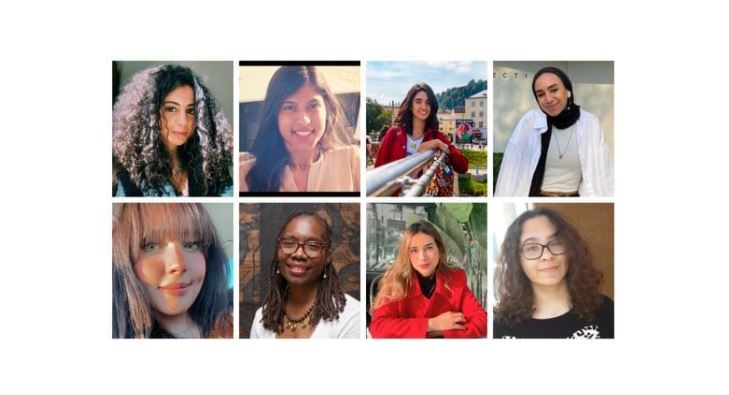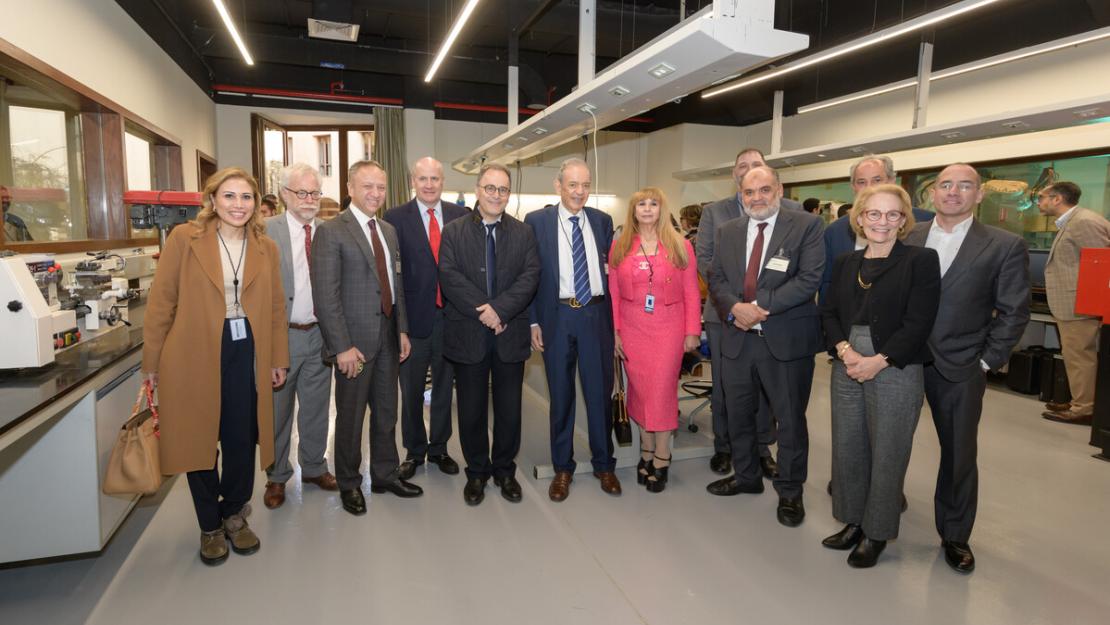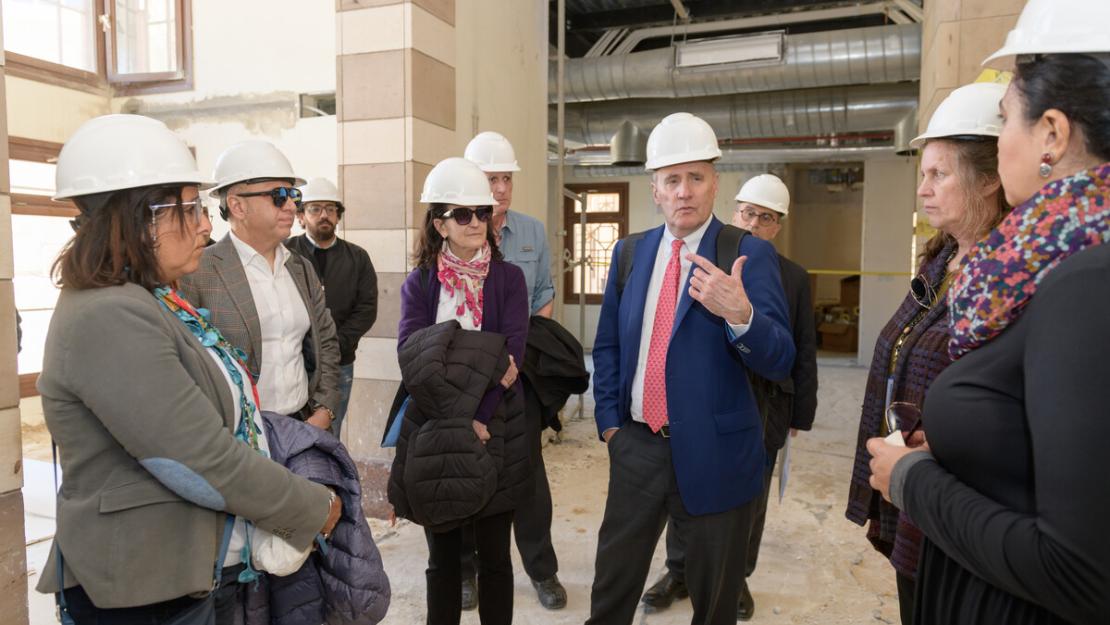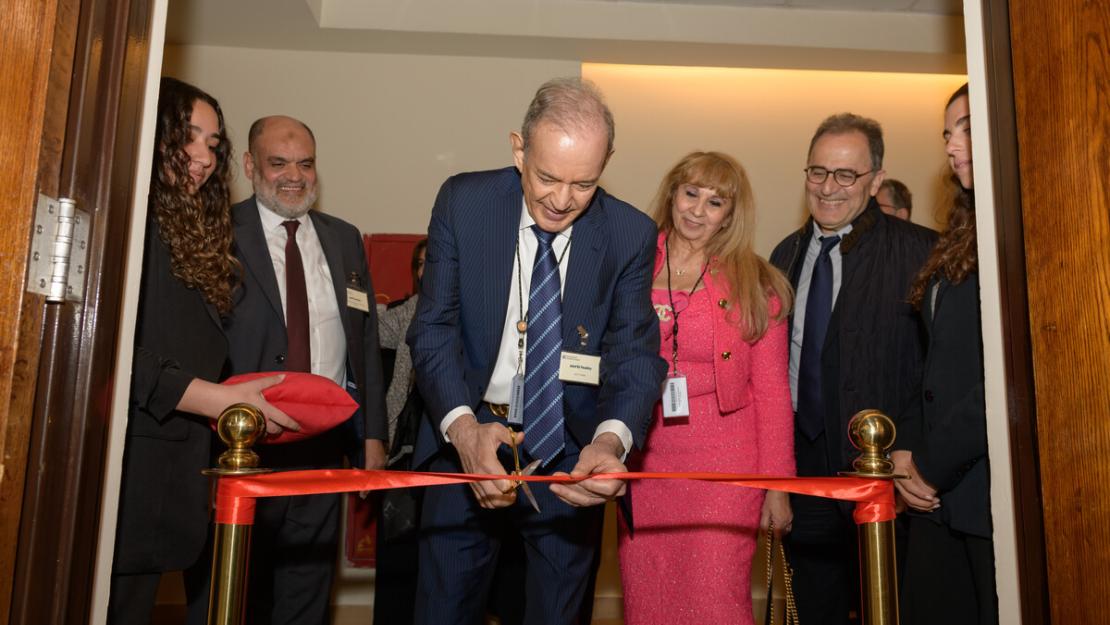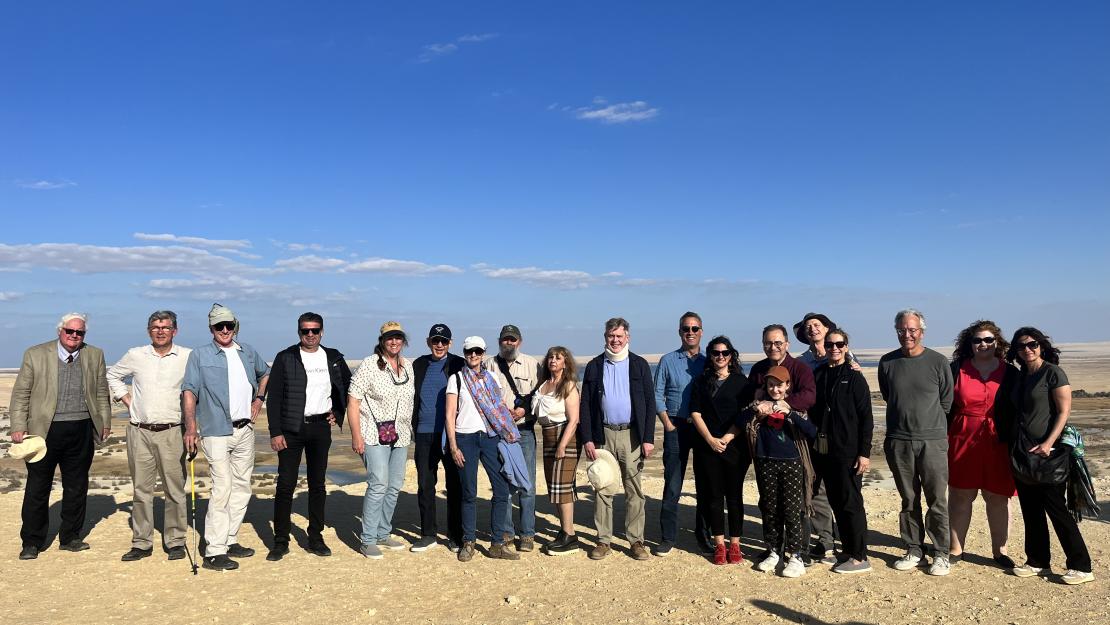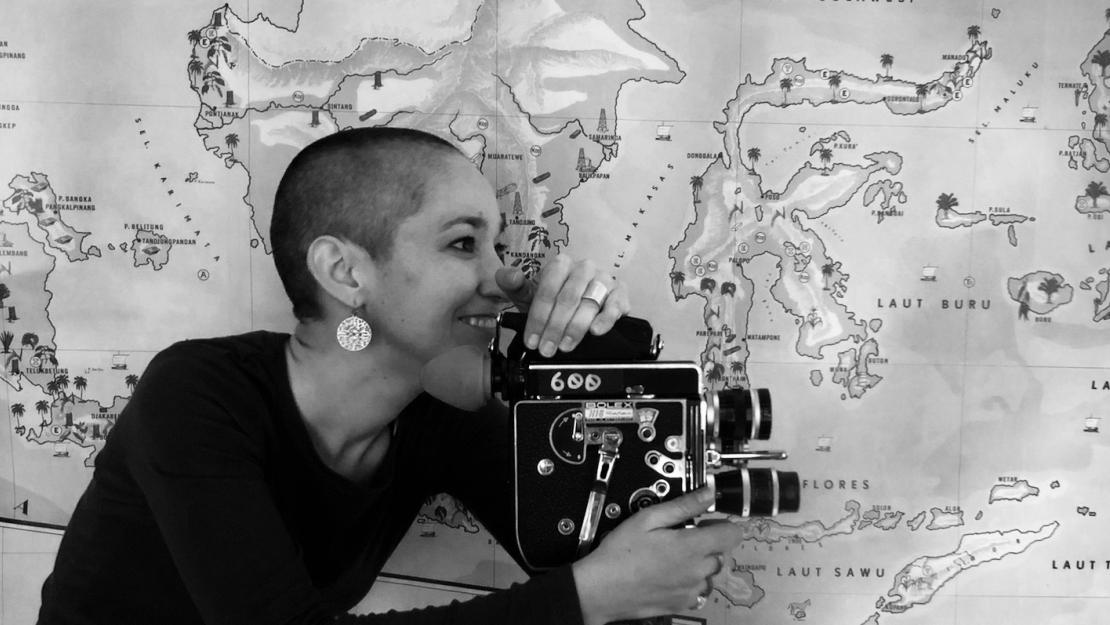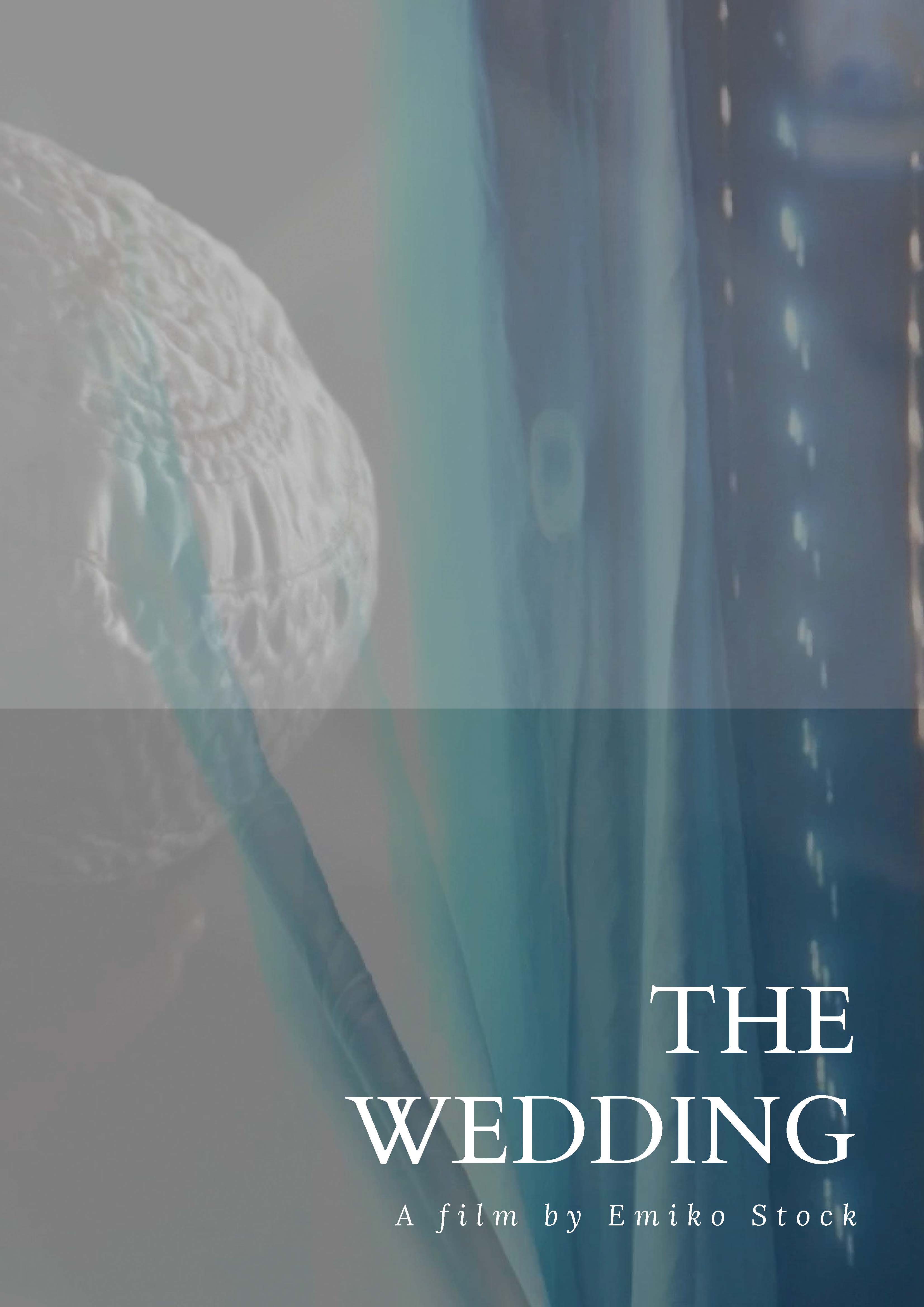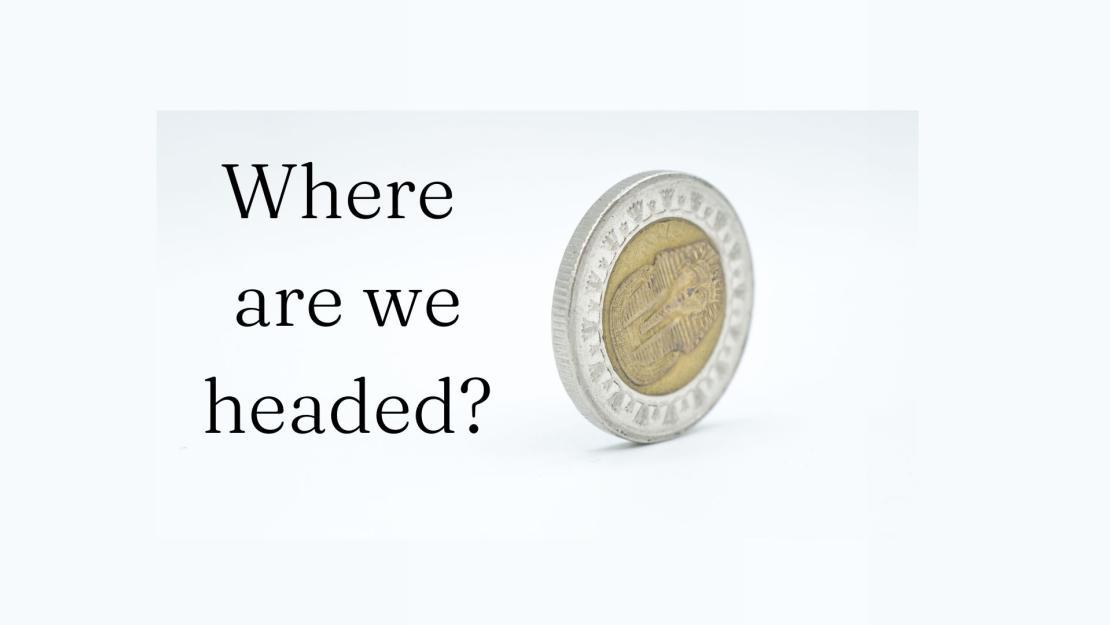Violence has erupted in Sudan as the two major militarized groups, the Sudanese Armed Forces (SAF) and the Rapid Support Forces (RSF), have gone head-to-head in civilian-populated areas. With casualties rising and no resolution in sight, News@AUC interviewed two faculty members from the Department of Sociology, Egyptology and Anthropology, Assistant Professor and Associate Researcher Amira Ahmed and Assistant Professor Manuel Schwab, to explain the conflict, its impact on Sudanese citizens and what the international community can do to help.
Causes of Conflict
The current fighting is the culmination of decades of turmoil in Sudan, but its most recent causes can be traced to Sudan’s 2019 revolution, which toppled former President Omar al-Bashir and briefly replaced him with a civilian government.
“The Sudanese people were aspiring to remove a military fascist regime that had governed the country for 30 years,” explains Ahmed, who is a daughter of Sudanese immigrants living in Egypt. “Al-Bashir originally legally recognized the RSF to suppress rebellions on his behalf, but the leader of the RSF turned against al-Bashir when the revolution began.”
The 2019 revolution was successful in deposing al-Bashir but left a power vacuum in its wake. A civilian government ruled briefly but was quickly sidelined by the RSF and the SAF. While the two groups had collaborated to bring down the former regime, governing the country afterward proved controversial.
“The RSF was supposed to be integrated into the SAF, which would have created a unified army. That was Omar al Bashir’s plan to maintain power,” says Schwab. “But the integration was not completed by the time he was removed, leaving two groups competing for control who eventually turned on one another.
This scramble for power has proven catastrophic for Sudan as violence rules in the capital, Khartoum, and fighting is spreading throughout the country. The death toll on May 9 had risen to 604 according to the UN health agency. However, an accurate number of casualties may be higher due to complications with reporting. The severity of the conflict reminds some of the genocide in Darfur in 2003, during which the RSF killed between 80,000 and 400,000 people and displaced nearly 3 million at the orders of al-Bashir.
Power of the People
This echo of history raises the question: After the successful, civilian-led revolution in 2019, how has the country descended into levels of chaos that have not been witnessed since 2003?
“The revolution in 2019 showed the incredible organizing capacity, tenacity, commitment and grassroots solidarity of Sudan,” states Schwab. “I believe Sudan is a place where the power has always been with the people. Unfortunately, the force has always been with the militaries and these groups took over the revolution for their own goals.”
The citizens of Sudan are keenly aware of the role of these armed forces in destabilizing their country. “The Sudanese people are calling for the SAF to go back to the barracks and the RSF to be dissolved,” Ahmed explains. “The people want a democratic civilian government, but first they need the violence to stop.”
Human Impact
According to the United Nations, there are currently 4.3 million people in South Sudan who need humanitarian assistance, but the raging violence is making it difficult for supplies to be distributed. Additionally, nearly 2.3 million refugees from South Sudan are currently displaced and 63% of these refugees are children.
“People are dying from more than just bullets and bombs,” says Ahmed. “They are dying from a lack of food, medicine and water. They are dying from preventable diseases or injuries because their hospitals have been destroyed or occupied by armed forces.”
Egypt is a major location for Sudanese refugees to flee to, but supporting them is a difficult task. Ahmed and Schwab attempted to create a GoFundMe campaign to generate funds for arriving refugees, but the campaign was suspended within 72 hours. According to Ahmed and Schwab, this Is symptomatic of the financial distrust that is directed at Sudan.
Sanctions Are Not a Solution
“I will never understand why the international community does not pay attention to the terrible effects of financial and goods-based sanctioning on the Sudanese people,” says Schwab. “There is no evidence that sanctions have any influence on the decisions of these gold-rich governing elites, but there is plenty of evidence that they do real harm to civilians.”
According to Schwab, there is a contradiction between two cornerstones of international relationships with Sudan since it gained independence. The international community executes harsh sanctions to pressure the regime by squeezing its citizens while simultaneously providing humanitarian aid that is meant to offer relief. Together, the two produce a situation in which scarcity and need can be manipulated by various actors, international or domestic, leaving the people of Sudan to pay the price.
This allows the international community to appear invested in solving the problem, without addressing the core issue: International policy regards Sudan as a security problem, not a human catastrophe.
“International powers all see Sudan as a security threat, so they are more interested in ensuring stability than creating long-lasting peace. They want to back the right warlord who will keep Sudan managed, not help the Sudanese people build a civilian democracy,” he says.
The Way Forward
“We have to rethink the way the international community treats Sudan and must listen to the voices of Sudanese people,” says Ahmed. “We need to find a way to stop the violence, but allowing either the SAF or the RSF to rule the country will only lead to a military dictatorship. That may answer the security problem, but it won’t help bring peace to the people.”
Additionally, humanitarian aid needs to be expanded and sanctions rescinded, Schwab recommends. “We need to open up more channels for humanitarian aid alongside corridors of mobility for people to escape. We also need to communicate to our home governments that we do not support sanctions as a solution,” he says.
“Don’t forget Sudan,” Ahmed concludes. “Sudanese people are some of the most politically engaged in the world, but they need the safety and opportunity to build a peaceful future."
